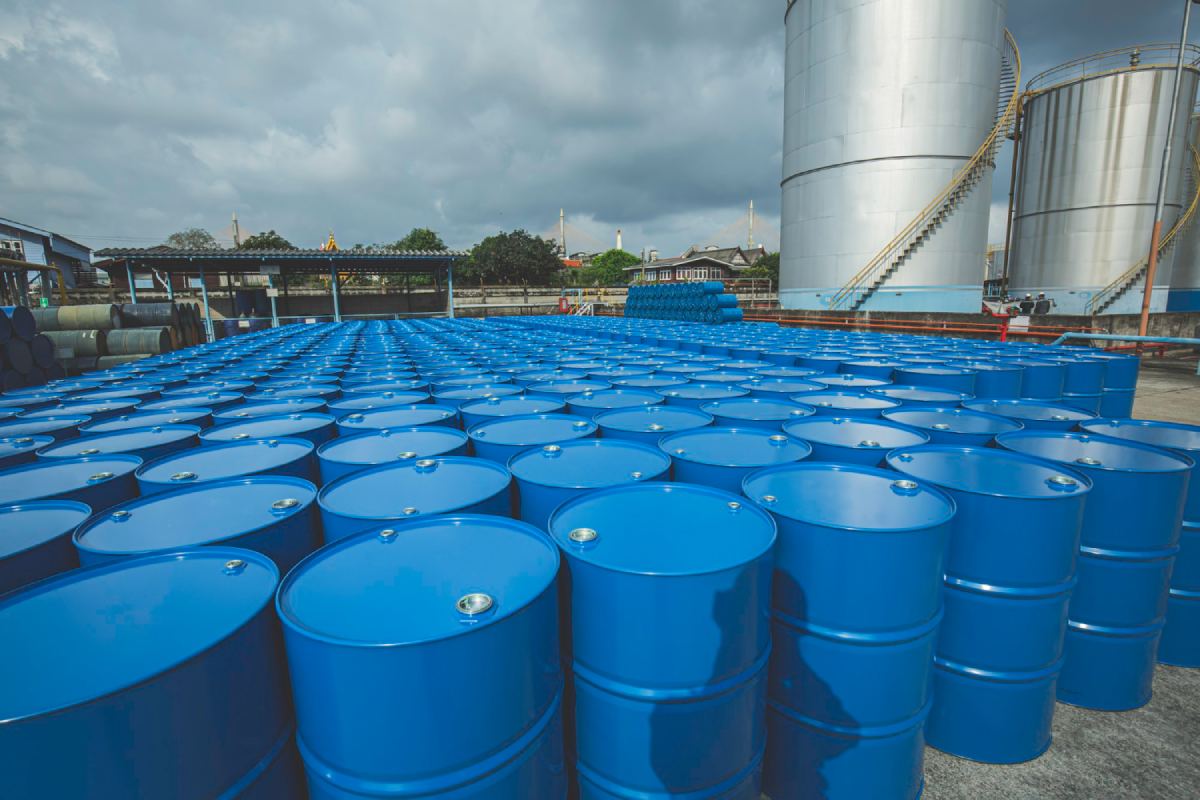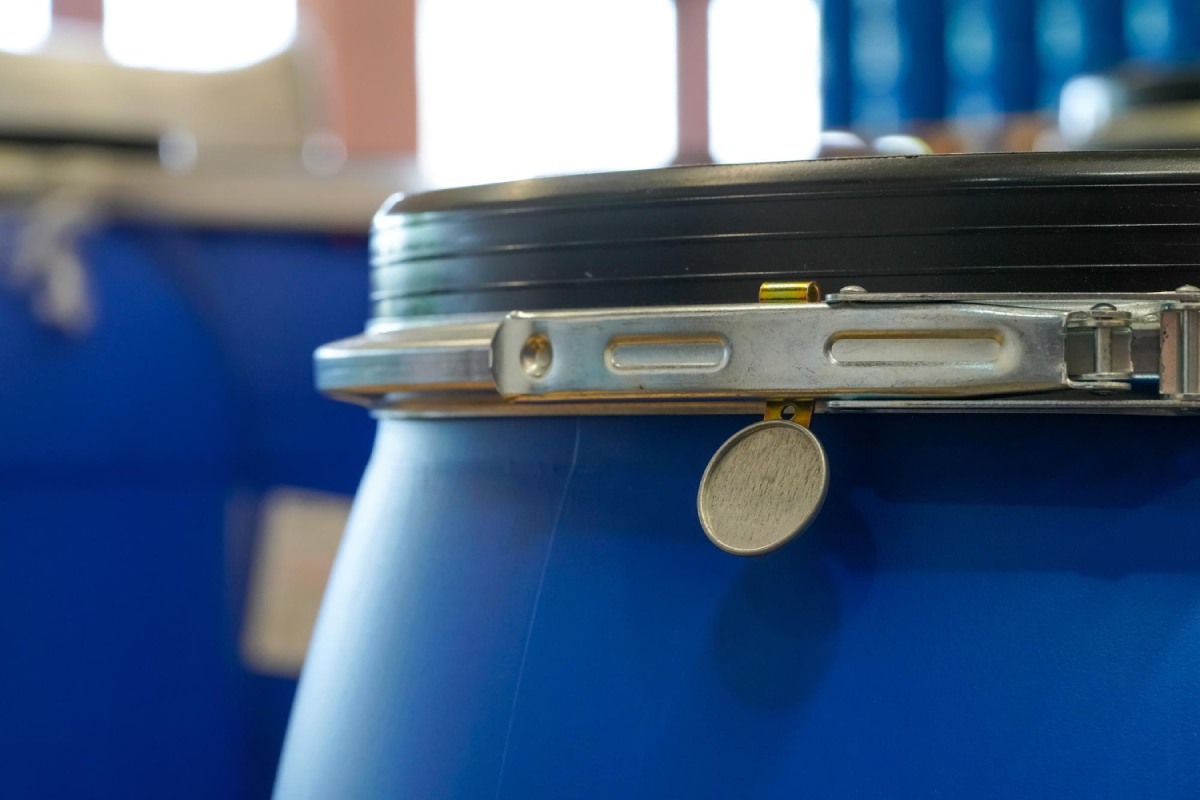
Understanding the Role of Raw Materials
The quality of AdBlue Production heavily depends on the raw materials used. These materials must meet strict purity standards to ensure the final product functions effectively in reducing harmful emissions. Without high-quality ingredients, the efficiency of selective catalytic reduction (SCR) systems can be compromised, leading to increased environmental pollution.
Urea: The Primary Ingredient
The main component in AdBlue is high-purity urea. It must be synthesized with minimal impurities to prevent damage to vehicle engines. The concentration of urea in AdBlue Production must be precisely maintained at 32.5% to meet ISO 22241 standards. Deviations in this ratio can reduce the effectiveness of emissions control systems.
Deionized Water: Ensuring Stability
Deionized water is another critical ingredient in AdBlue Production. It acts as a solvent for urea, helping to maintain a stable and uniform solution. Water quality is crucial because any contaminants can cause crystallization or chemical reactions that diminish the product’s effectiveness in SCR systems.
Filtration and Purification Processes
Before being used in AdBlue Production, both urea and deionized water must undergo extensive filtration. This process removes unwanted particles and impurities that could impact the performance of diesel engines. High-quality filtration ensures compliance with global standards and prevents engine malfunctions.
Quality Control in Material Sourcing
To maintain consistent AdBlue quality, manufacturers must source raw materials from reputable suppliers. Regular quality checks and laboratory analyses help verify that the materials meet the necessary specifications. Any deviation from industry standards can result in product failure and non-compliance with environmental regulations.
Storage and Handling of Raw Materials
Proper storage conditions for urea and deionized water are essential to maintain their integrity. Urea must be kept in dry, controlled environments to prevent contamination and degradation. Similarly, deionized water must be stored in non-reactive containers to avoid the introduction of minerals or impurities that could affect AdBlue Production.
Regulatory Compliance and Certification
Manufacturers must ensure that their raw materials comply with industry regulations, such as ISO 22241, to guarantee high-quality AdBlue. Certification processes involve extensive testing and documentation to confirm that the final product meets environmental and performance standards.
Conclusion
The success of AdBlue Production relies on the careful selection, handling, and processing of raw materials. High-purity urea and deionized water are fundamental to ensuring product effectiveness and compliance with global regulations. By maintaining rigorous quality control measures, manufacturers can produce AdBlue that effectively reduces emissions and supports environmental sustainability.
FAQ
- What are the key raw materials in AdBlue Production?
- AdBlue consists primarily of high-purity urea and deionized water.
- Why is high-purity urea important in AdBlue?
- Impure urea can cause engine damage and reduce the effectiveness of emissions control systems.
- How does deionized water impact AdBlue quality?
- It prevents contamination and maintains a stable solution essential for efficient emissions reduction.
- What happens if AdBlue contains impurities?
- Impurities can lead to crystallization and clogging of the SCR system, resulting in vehicle inefficiencies.
- How is urea stored for AdBlue Production?
- It is kept in dry, controlled environments to prevent contamination and degradation.
- Why is filtration necessary in AdBlue Production?
- Filtration removes harmful particles, ensuring that AdBlue meets industry standards.
- What standards regulate AdBlue quality?
- ISO 22241 is the primary standard ensuring that AdBlue Production meets strict quality requirements.
- Can improper raw materials affect vehicle performance?
- Yes, using substandard raw materials can lead to engine failures and increased emissions.
- How is compliance with AdBlue standards ensured?
- Through rigorous testing and certification processes that verify material quality and purity.
- What role does regulatory compliance play in AdBlue Production?
- It ensures that the final product meets environmental regulations and performs efficiently in SCR systems.



